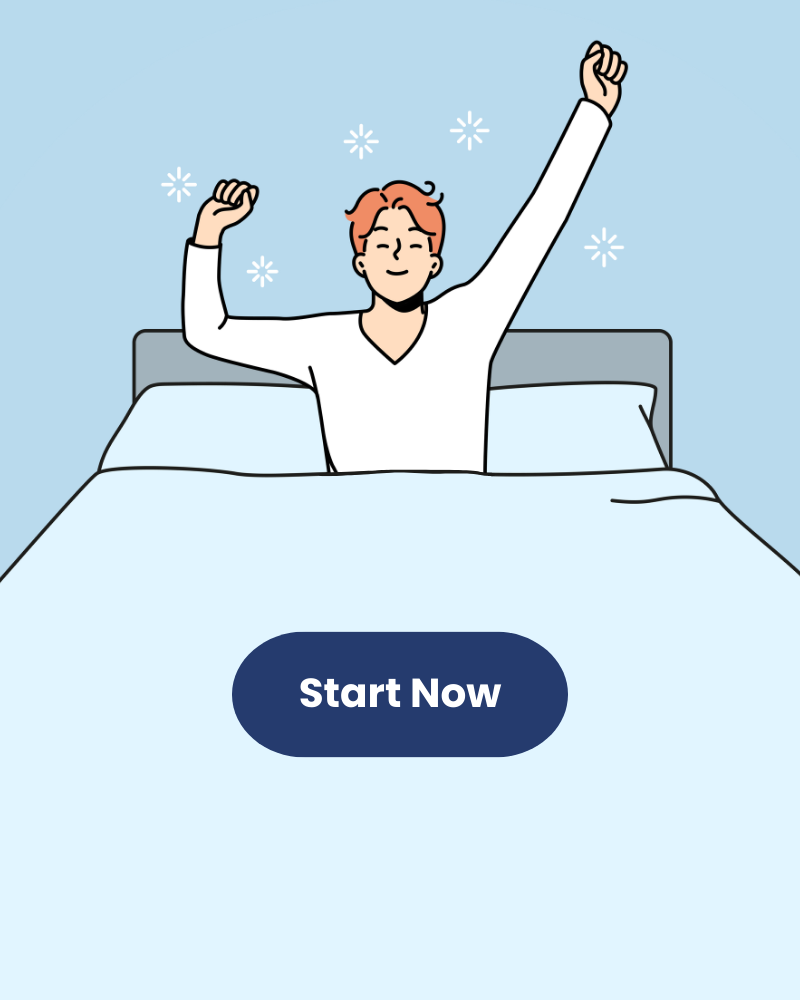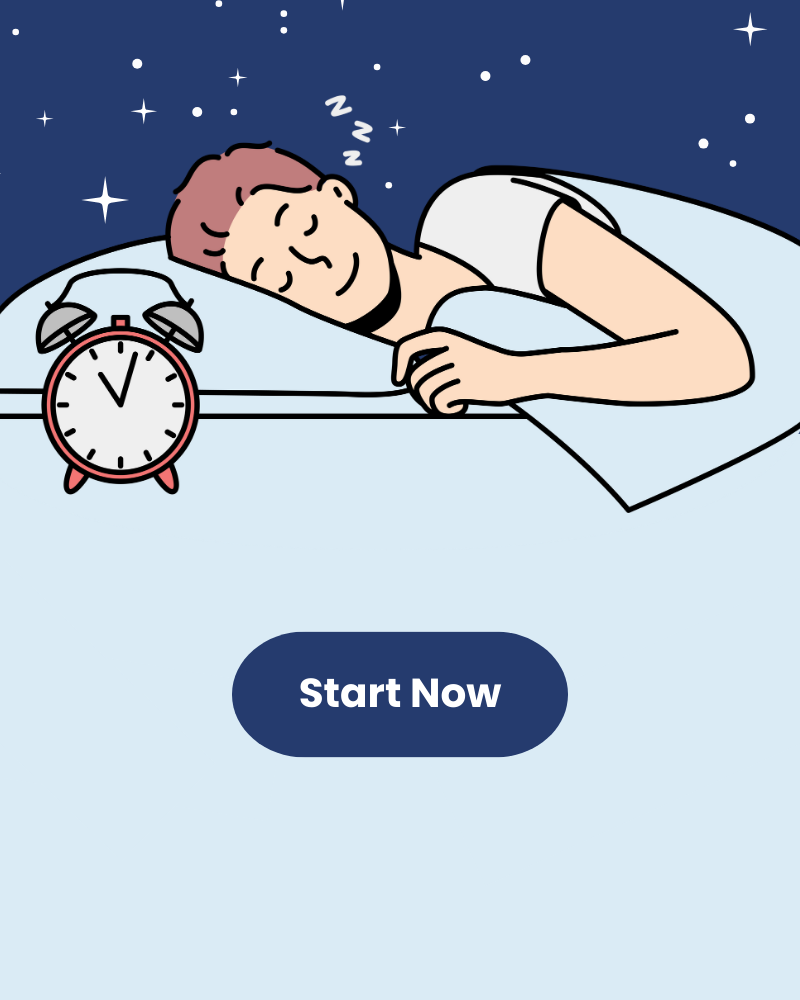What is Bruxism?
Bruxism is a condition where you clench, grind, or gnash your teeth. It might happen without you even realising it, sometimes while you’re awake but more often while you’re fast asleep. Some people wake up with a sore jaw or sensitive teeth. Others don’t feel anything until their dentist spots the signs. Over time, all that pressure can lead to worn-down teeth, jaw pain, headaches and even trouble sleeping. Here are some things you might notice if you're dealing with bruxism:
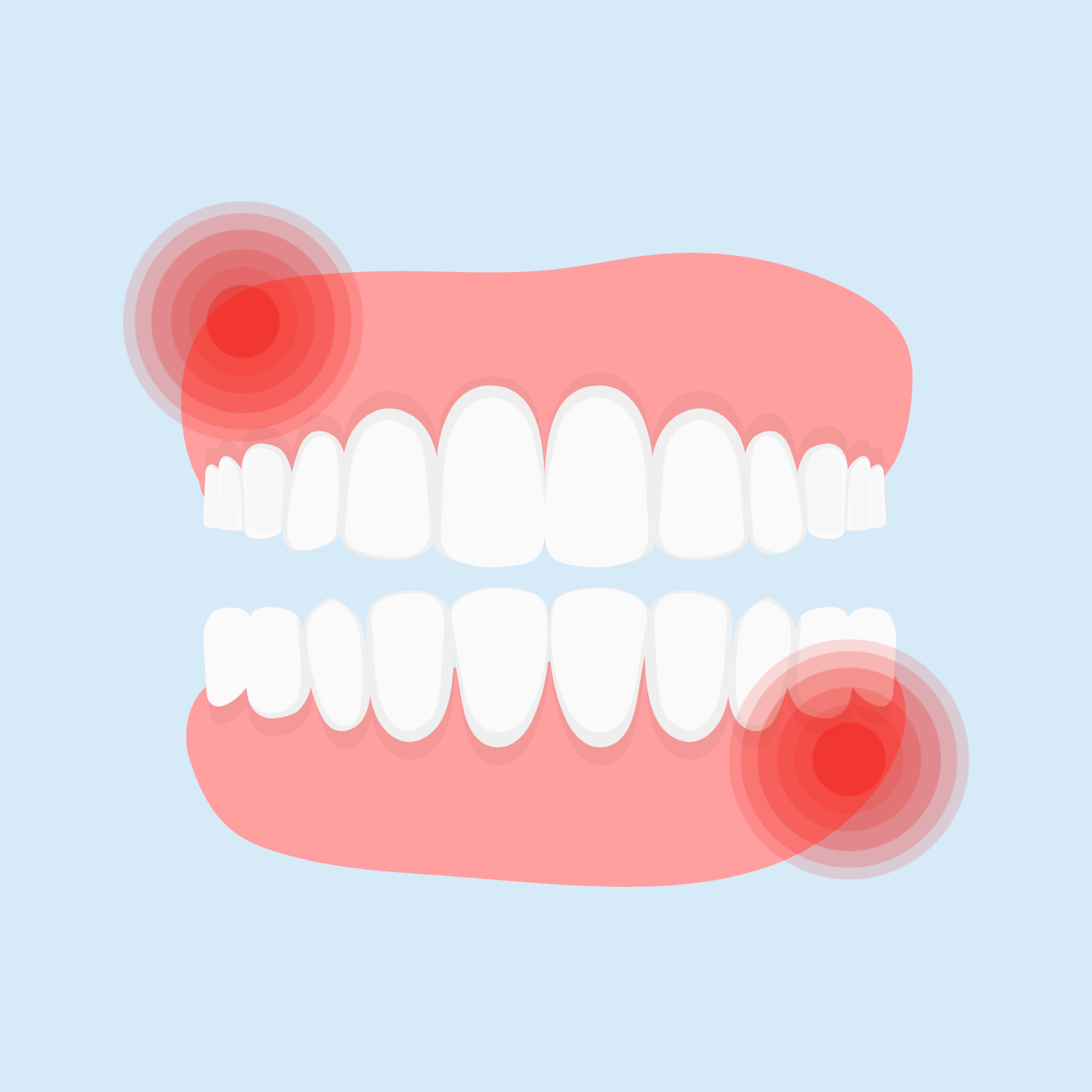
Tense and Tired Jaw
Damaged Teeth
Sensitive Enamel
Clicking or Locking Jaw
Unexplained Tooth Pain
Facial Tension
Ear Pain with No Ear Problem
Dull Headache
Restless Sleep
Grinding your teeth every now and then might not seem like a big deal. But when it keeps happening and no one catches it, your teeth and jaw might start to feel the effects.
The truth is, there’s no one-size-fits-all cure for bruxism. What helps one person might not work for someone else. If your grinding is mild, you might not need treatment at all. Sometimes just being aware of it is enough to start making small changes, but if it’s starting to affect your sleep, your teeth or your comfort, there are ways to manage it.
Experiencing Bad Sleep?
Take control of your sleep health in 3 easy steps.

1: Quick assessment
Take our free two-minute quiz to determine if our program aligns with your goals.
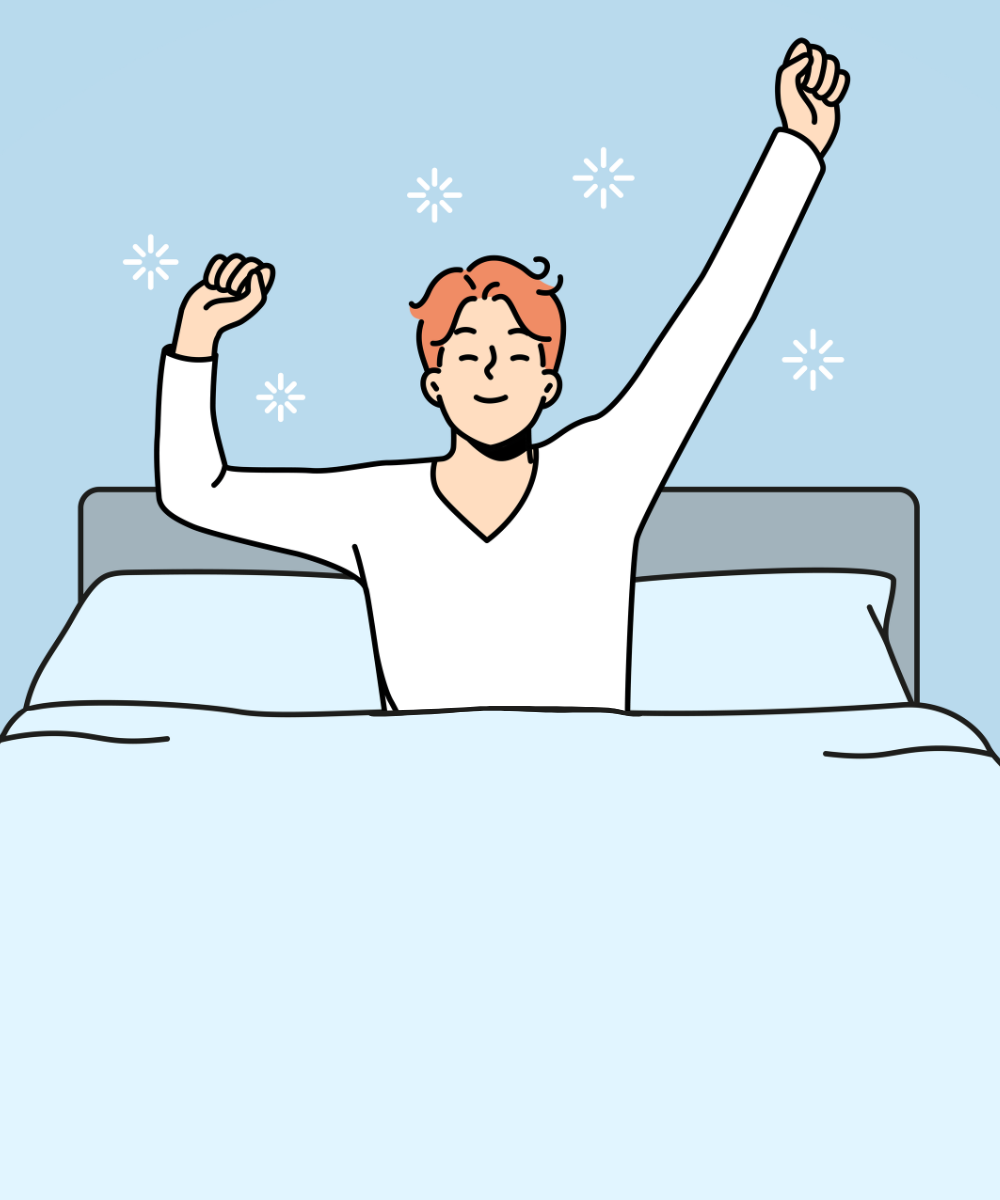
2: Test at home
We'll send you a simple, easy-to-use sleep test you can do from the comfort of your bed.
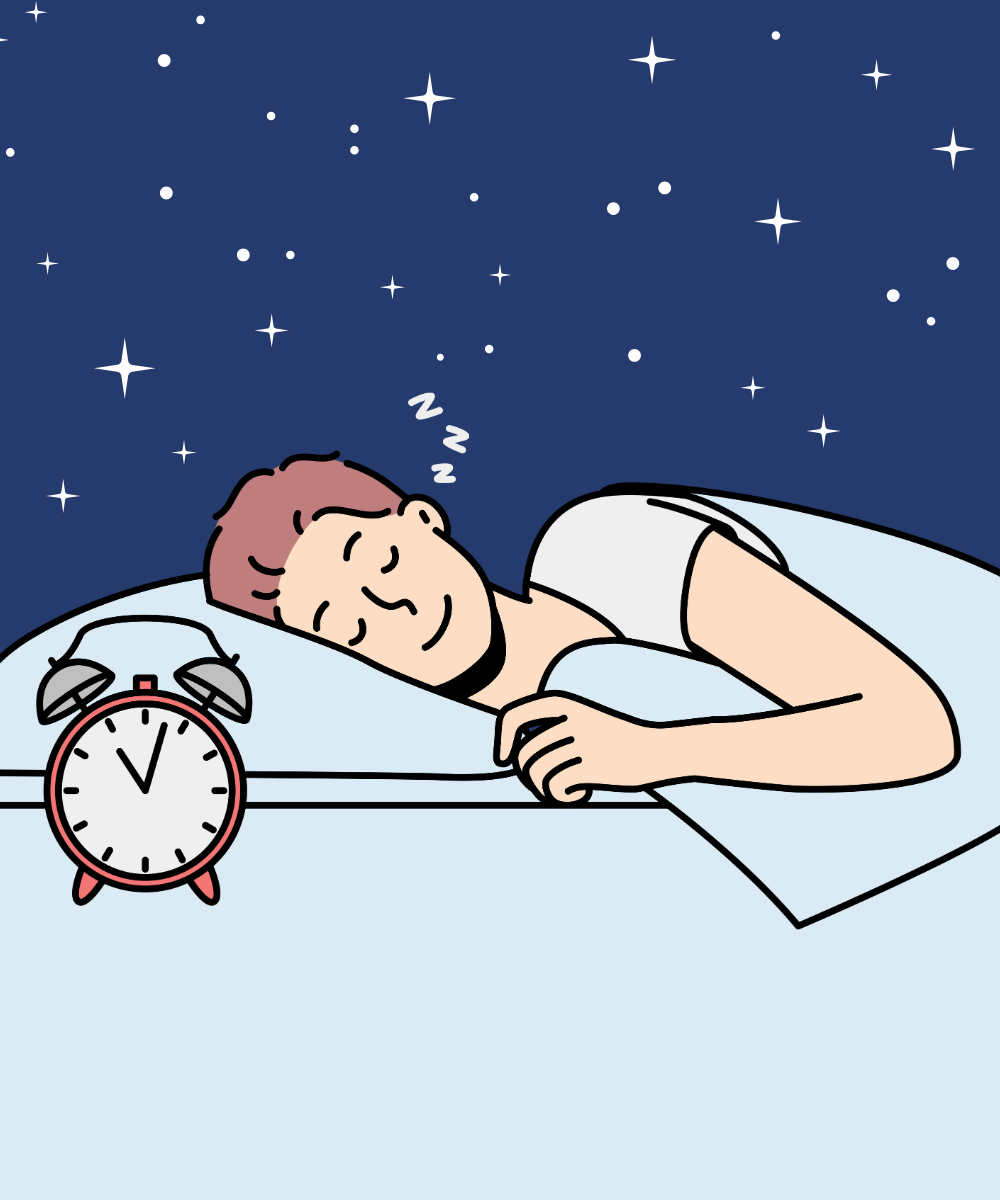
3: Get tailored sleep help
Once your results are in, our dedicated sleep technician will discuss treatment options.



